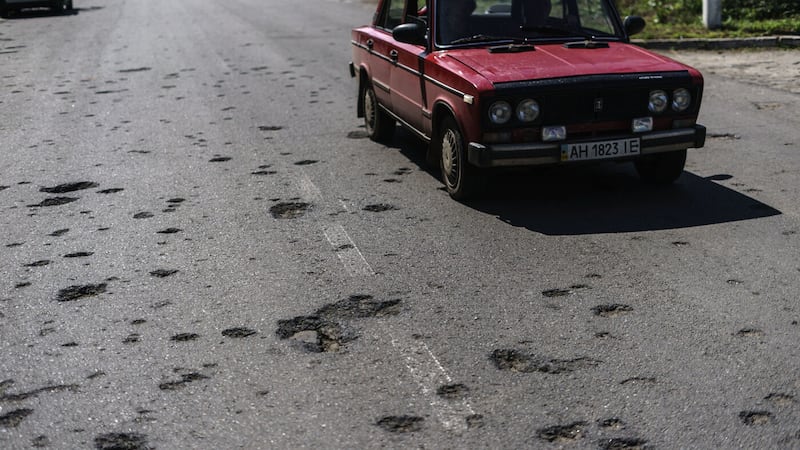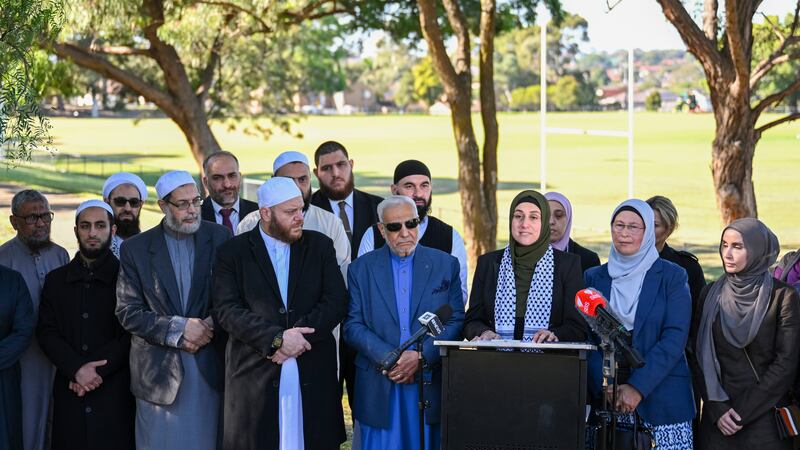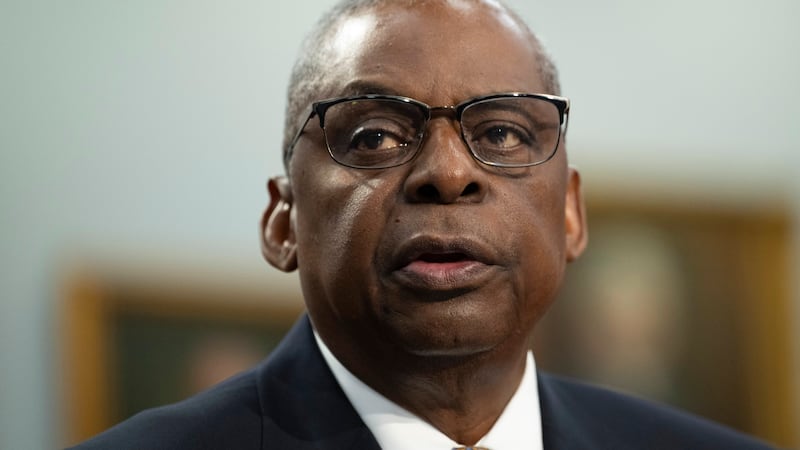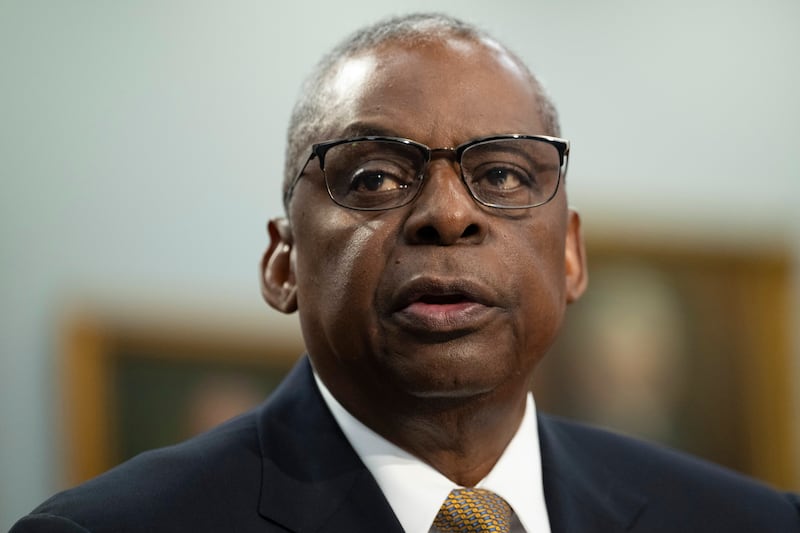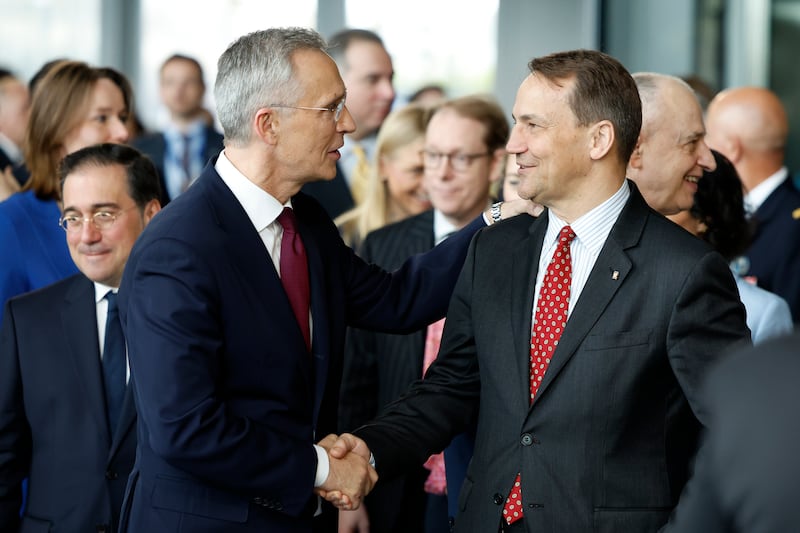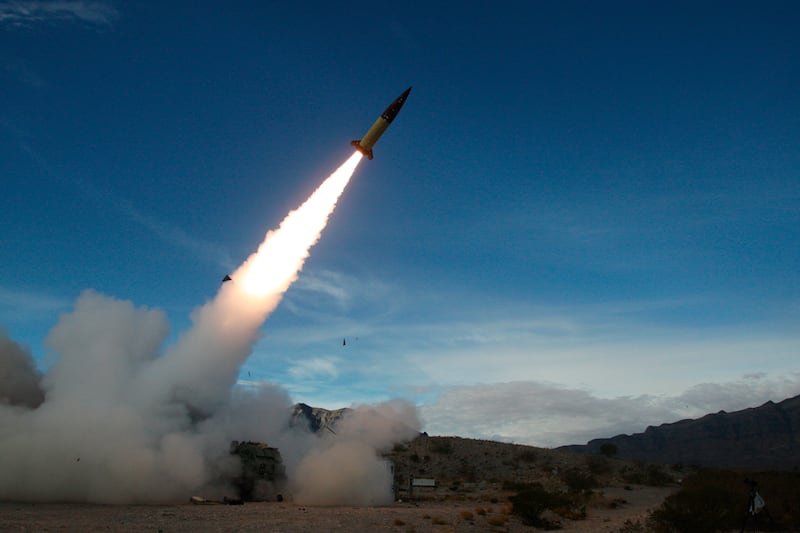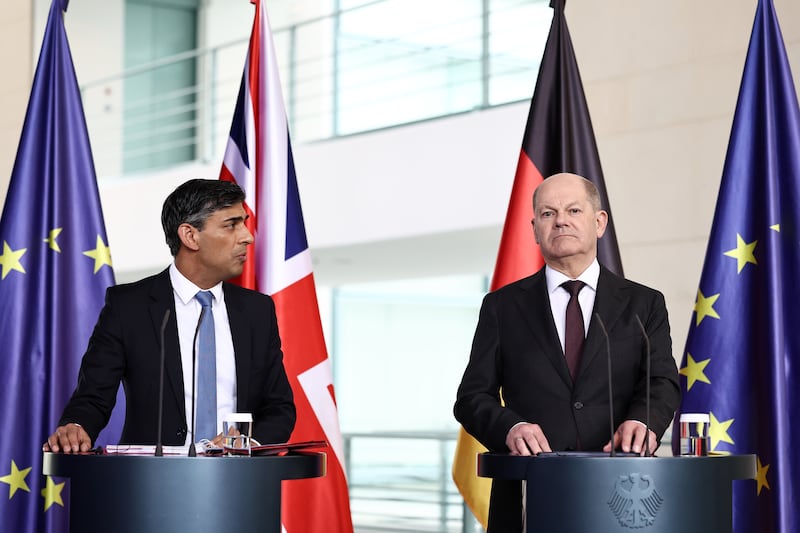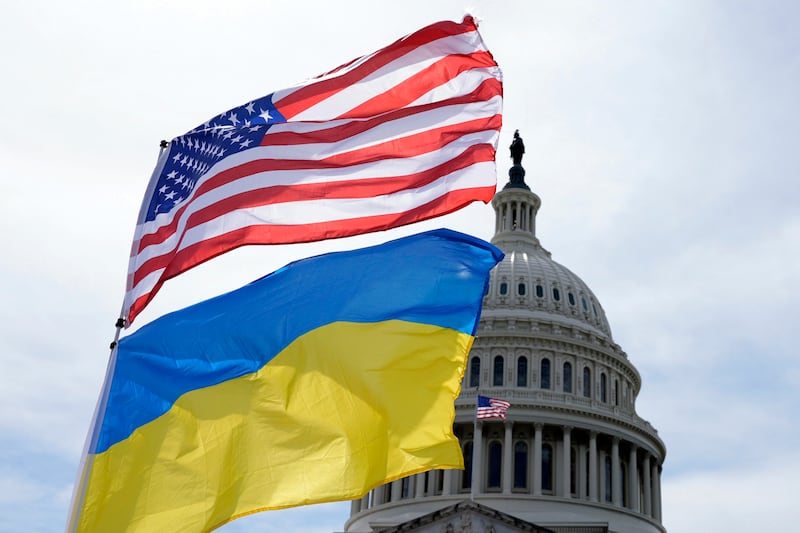Russia and Ukraine have traded accusations that each side is shelling Europe’s biggest nuclear power plant in southern Ukraine.
Moscow claimed that Ukrainian shelling caused a power surge and fire and forced staff to lower output from two reactors, while Ukraine blamed Russian troops for storing weapons there.
Nuclear experts have warned that more shelling of the Zaporizhzhia nuclear power station, which was captured by Russia early in the war, is fraught with danger.
The Kremlin echoed that statement on Monday, claiming that Ukrainian shelling could have “catastrophic” consequences for Europe.
Rafael Grossi, director general of the International Atomic Energy Agency (IAEA), has warned that the way the plant was being run under Russian forces and the fighting going on around it are posing grave health and environmental threats.
Ukraine’s military intelligence chief, Andriy Yusov, countered the Russian statements by saying his organisation had received credible information from several sources that Russian forces have planted explosives at the plant to head off an expected Ukrainian counter-offensive in the region.
Previously, Ukrainian officials had said Russia was launching attacks from the plant and using its Ukrainian workers as human shields.
Before Sunday’s shelling, the nuclear plant came under fire last week and each side accused the other of the attack.
Russian Defence Ministry spokesman Lieutenant General Igor Konashenkov said on Monday that the Ukrainian attack a day earlier at the Zaporizhzhia nuclear plant caused a power surge and smoke erupted at its switch facility, triggering an emergency shutdown.
Fire teams extinguished the blaze, and the plant’s personnel lowered the output of reactors No 5 and No 6 to 500 megawatts, he said.
Kremlin spokesman Dmitry Peskov urged western powers to force Kyiv to stop attacking the plant.
“Shelling of the territory of the nuclear plant by the Ukrainian armed forces is highly dangerous,” he said in a conference call with reporters. “It’s fraught with catastrophic consequences for vast territories, for the entire Europe.”
But Mr Yusov said: “We have seen the Russian shelling of the Ukrainian nuclear power plant.
“If it’s not so, if it doesn’t conform to reality, the Russians can make a goodwill gesture and hand over control of the plant to an international commission and the IAEA, if not to the Ukrainian military.”
He said the Russians used similar tactics at Ukraine’s Chernobyl nuclear plant when they occupied it early in the war.
“This is a strategy of terror and scorched earth used by the Russians ahead of an inevitable Ukrainian counteroffensives in the south,” he said.
